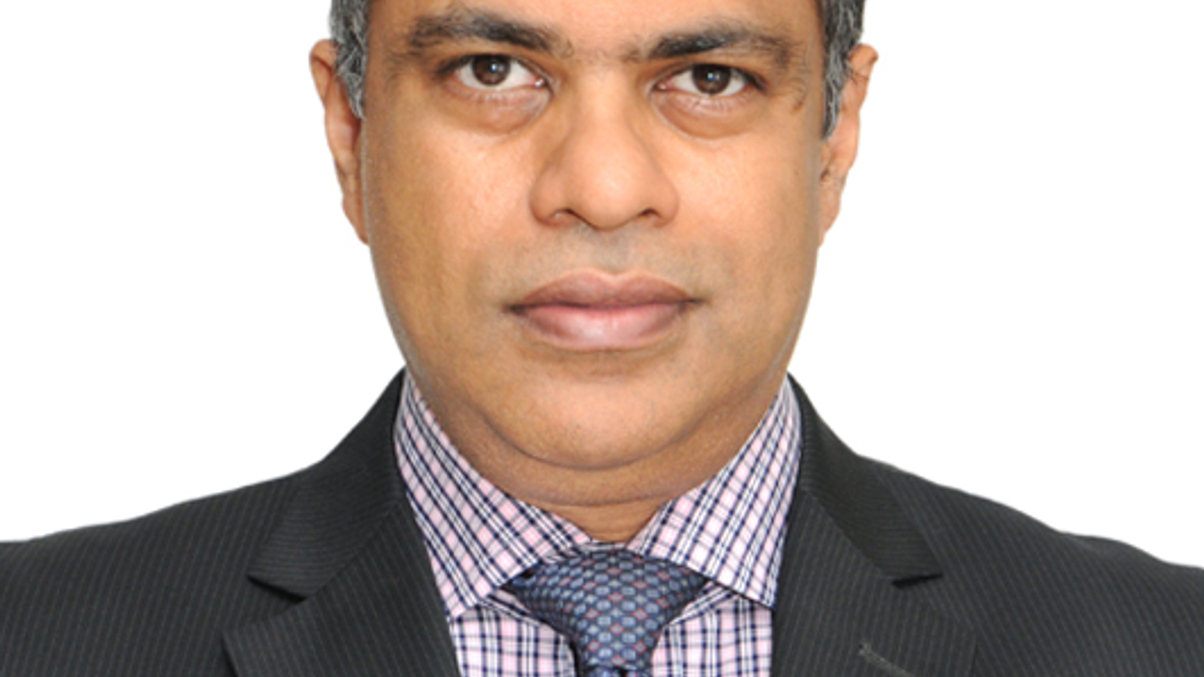Bangladesh banks eye FDI boost for infrastructure
Its central bank has done much to help the domestic banking sector develop and is taking further steps in areas such as capital markets and attracting foreign investment.

Bangladesh is under-banked with respect to domestic and foreign investors and institutions, something its central bank is seeking to remedy, particularly for infrastructure finance.
Sign in to read on!
Registered users get 2 free articles in 30 days.
Subscribers have full unlimited access to AsianInvestor
Not signed up? New users get 2 free articles per month, plus a 7-day unlimited free trial.
¬ Haymarket Media Limited. All rights reserved.


